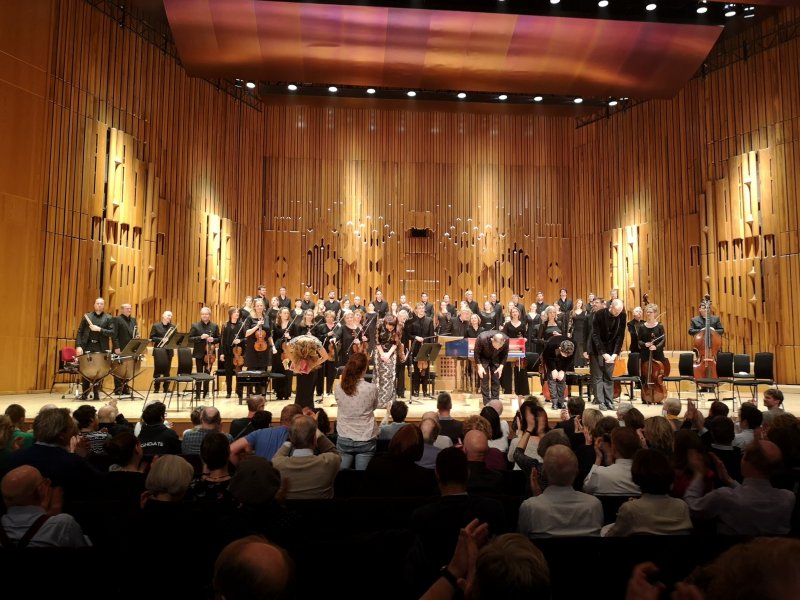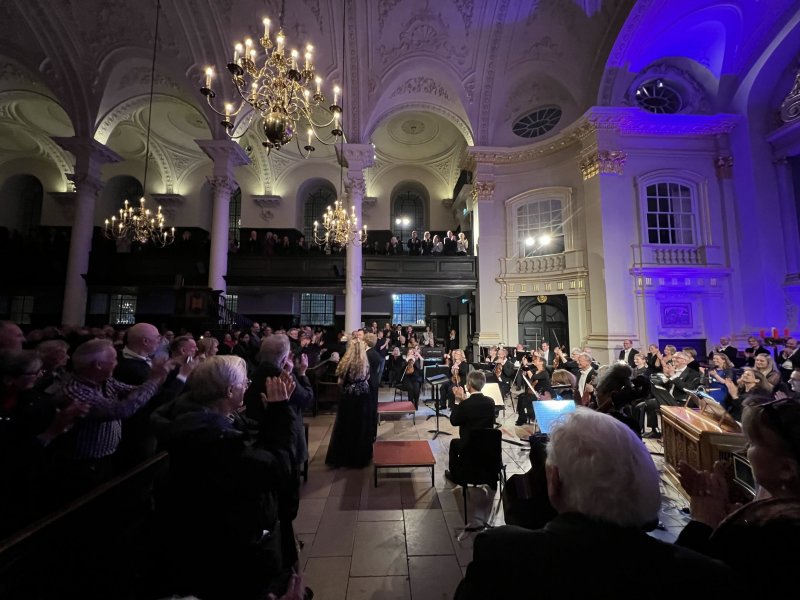With live music imaging is largely visual. I recently changed my DAC after trying and failing to listen to Martinu's Nonet No. 2, having heard it live in fabulous venue (Snape Maltings) a few days earlier.
With opera and ballet you rarely see any of the musicians, obviously you do see the singers, but the lack of an image to the sound does not detract from the musical experience. My local jazz club is Ronnie Scott's, go there from time to time, the music is amplified, but even so the brain images the music visually.
So if the intention is to replicate the live experience, really we should have at least two audio systems, one with extreme detail and imaging, and another one with a greater emphasis to overall presentation and tonality.
But I'm just starting. We need a different system for different venues. The mellifluence of Wigmore Hall and the hard but thrilling Ragged Music Festival at the Ragged School Museum in London (before moving to Amsterdam this year). That's before we try and build a system to replicate the wonderful Bold Tendencies at Peckham Levels, a music season held in an open air multi-story car park. Once recital was delayed by a fire alarm at a freezer food store and last time Johan Jalene's score ended up in my wife's lap (a gust of wind), fortunately he was playing Arvo Part so he was able to continue from memory.
Personally, I like a system that has sufficient detail, natural warmth, relatively modest bass and no brightness. And of course a decent room acoustic.
A tale of two Handel's Messiah. The Barbican Hall in London, modern acoustics that for me kills the details in the sound (although this was fine performance under Neville Marriner) and St Martins in the Fields, where the detail rings out, tempered by a full house (this was Harry Christophers).










